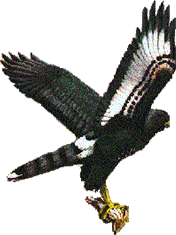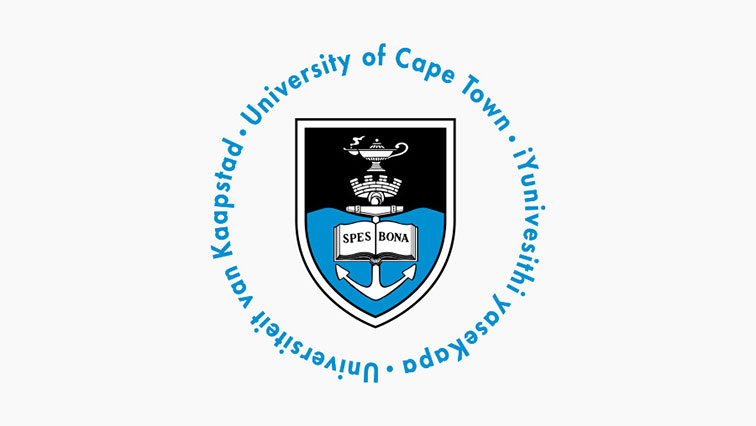
Dr Andrea Santangeli
PhD (University of Helsinki, Finland), MSc (University of East Anglia, UK), BSc (Sapienza University, Italy)
Post-doctoral research fellow of the Academy of Finland, Finnish Museum of Natural History (University of Helsinki, Finland)
Activities and research interests
Dr. Andrea Santangeli is a conservation scientist with a broad spectrum of research interests. These span from macro-ecology, spatial conservation planning, mechanism for achieving conservation on private land, ecology and life-history of wildlife.
Andrea’s current research is mainly twofold. In Europe he investigates the cost-effectiveness of market-based mechanisms for conserving farmland biodiversity. Worldwide, particularly in Africa, he largely focuses on identifying priority areas for endangered wildlife, assessing the effectiveness of interventions to protect endangered species, such as vultures, and understanding spatial behaviour and survival in relation to threats (such as vulture movements in relation to poisoning risks).
Overall, finding ways to reconcile development and human practices with wildlife conservation is a common line unifying most of Andrea’s research. He often integrates methods and knowledge from several disciplines, such as ecology and social sciences. In 2015 he started a project in Namibia aimed at understanding, quantifying and mapping the use of poisons by livestock farmers within the context of human-wildlife conflict. This practice is particularly catastrophic for vultures, a group of species that is on top of Santangeli’s research interests. The framework from Namibia is now being expanded to study poison use in South Africa, doctoral thesis of Christiaan Willem Brink (co-supervised with Robert Thomson and Arjun Amar), in Kenya, and Tanzania (planned for 2020).
Updates on Andrea’s activities and publications can be found here.
Keywords: Vultures, human-wildlife conflict, renewable energy and wildlife, sustainability, multidisciplinary research, research-implementation gaps, evidence-based conservation, threatened species, survival analyses, population viability analyses.
Key publications
Santangeli, A., Arkumarev, V., Rust, N. and Girardello, M. (2016). Understanding, quantifying and mapping the use of poison by commercial farmers in Namibia - Implications for scavengers' conservation and ecosystem health. Biological Conservation 204, 205-211. https://doi.org/10.1016/j.biocon.2016.10.018
Santangeli, A., Girardello, M., Buechley, E., Botha, A., Di Minin, E., and Moilanen, A.J. (2019). Priority areas for conservation of Old World vultures. Conservation Biology, in press. https://doi.org/10.1111/cobi.13282
Santangeli, A., Girardello, M., Buechley, E., Eklund, J. and Phipps, L. (2019). Navigating spaces for implementing raptor research and conservation under varying levels of violence and governance in the Global South. Biological Conservation, in press. https://doi.org/10.1016/j.biocon.2019.108212
Craig, C.A., Thomson, R.L., Girardello, M. and Santangeli, A. (2019). The drivers and extent of poison use by Namibia's communal farmers. Implications for averting the African vulture crisis. Ambio 48, 913-922. https://doi.org/10.1007/s13280-018-1128-6
Buechley, E.R., Santangeli, A., Girardello, M., Neate-Clegg, M.H.C., Oleyar, D., McClure, C.J.W. and Şekercioğlu, Ç.H. (2019). Global raptor research and conservation priorities. Tropical raptors fall prey to knowledge gaps. Diversity and Distributions, 25, 856-869. https://doi.org/10.1111/ddi.12901
Santangeli, A., Spiegel, O., Bridgeford, P. and Girardello, M. (2018). Synergistic effect of land-use and vegetation greenness on vulture nestling body condition in arid ecosystems. Scientific Reports 8. https://doi.org/10.1038/s41598-018-31344-2

